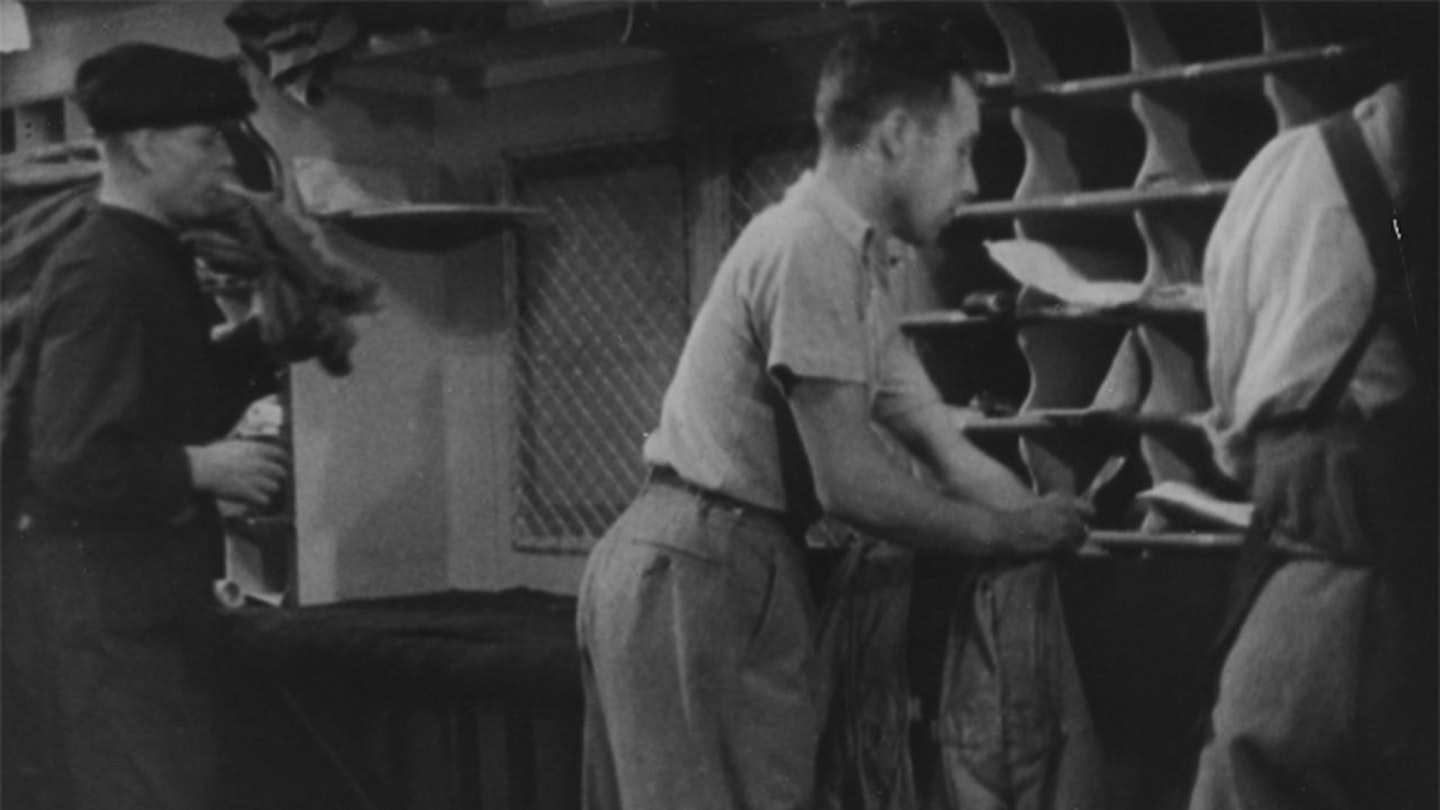John Grierson not only coined the term `documentary' to describe a film attempting the creative treatment of reality, but he was also the father of the British Documentary Movement, whose influence continues to be felt in UK pictures today. His primary aim was to focus on everyday activities that audiences could readily identify with and, thus, he sought to improve community accord by giving each class grouping an insight into their neighbours' contribution to the general good.
However, Grierson was also an artist whose funding invariably came from state or commercial sponsorship. Consequently, he had to inform and persuade, as well as entertain, and this GPO Film Unit short was designed to reassure the public that not only was their mail safe within the vast network that transported it from postboxes and counters to the doorstep, but also that the government was doing a decent job in keeping such a complex system working efficiently.
Grierson began the project by asking a number of writers to contribute pieces on journeys between Euston and Edinburgh and then dispatched Harry Watt and cameramen Chick Fowle and Jonah Jones to record images that best conjured up their observations. But, despite the naturalistic sequences of the postmen bantering as they worked and the clipped commentary explaining procedures and disseminating statistics, Grierson decided that the film lacked a human touch and he commissioned W.H. Auden to compose verses identifying both those who had sent and those who would receive the various letters and packages being sorted on the night mail.
Collaborating with editor R.Q. McNaughton, sound supervisor Alberto Cavalcanti and co-director Basil Wright, Auden wrote to suit the visual rhythms and dozens of suggestions were discarded before the lines were finally spoken by Stuart Legg and Grierson himself to Benjamin Britten's rousing score. The result was a masterpiece of cinematic lyricism, whose evocative atmosphere has been further enhanced by the passing of steam.
